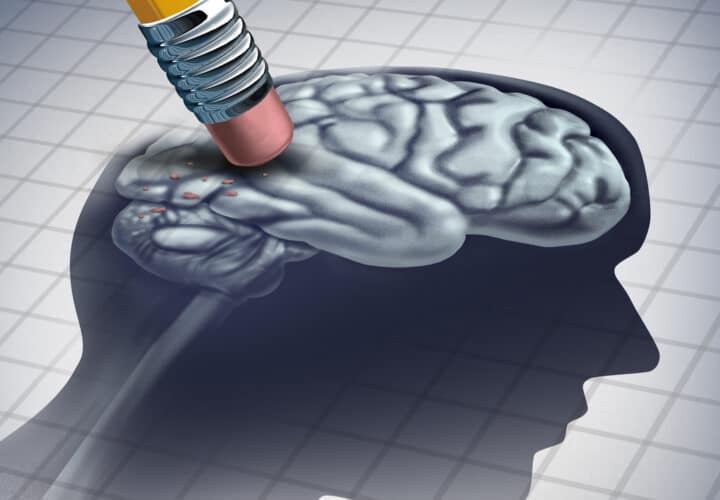Scientists are on the lookout for any hints that could diagnose those at risk of developing Alzheimer's faster.
By the time Alzheimer’s symptoms are noticeable enough to get into a doctor’s office, there usually is not much that can be done. That’s why scientists have become interested in the time before symptoms of Alzheimer’s show up, and why they’re on the lookout for any hints that could diagnose those at risk of developing Alzheimer’s faster.
Researchers from the University of Birmingham, the University of Kent and the University of California, Davis have found that delayed word processing could be one such hint. In a study, people with mild cognitive impairment who had a slower response identifying words on a computer screen were more likely to go on to develop Alzheimer’s disease.
“Our findings were unexpected,” said study co-author Dr. Katrien Segaert, of the University of Birmingham, “as language is usually affected by Alzheimer’s disease in much later stages of the onset of the disease.”
Scientists hope that more research would allow a simple computer test to identify patients with mild cognitive impairment who are at risk for developing dementia. “It is possible that this breakdown of the brain network associated with language comprehension in MCI patients could be a crucial biomarker used to identify patients likely to develop Alzheimer’s disease,” said Segaert. Researchers hope that it could be part of a routine medical evaluation at a general practitioner’s office.
Read the full study here.



